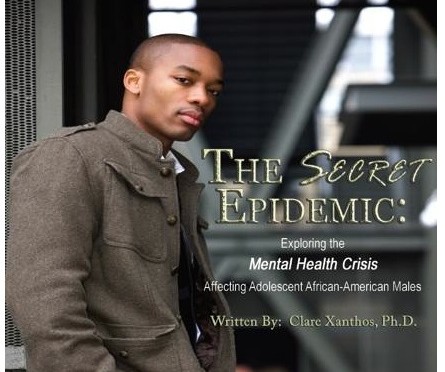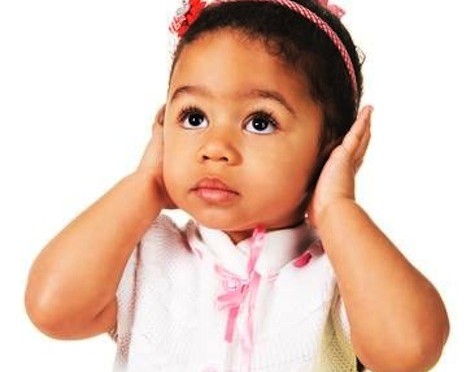Dr. Veronique Thompson, is a California psychologist. In an interview published in the ebook, “Cultural Diversity, A Primer for the Human Services”, she does a more than adequate job of articulating the cumulative and historical forces that accompany clients into the therapy space. In that space, the launching of a successful therapy relationship requires trust, the expectation of acceptance and protection, understanding, and the opportunity to be heard without judgment. That is counter to the everyday experiences for most of us with whites, that is, with our interpretation of our experiences with whites.
We carry our histories into therapy
There are many parties to our interactions in therapy: our assumed acceptance of each other, our personal histories ( or let’s just call it “our baggage”), our body language (a big part of how we blacks communicate), our slang, the topics that are brought up along with those that are avoided, and that delicate dance we do around sensitivity to the other’s perceived differences. With people who are more like us, there are fewer differences to be dealt with.
The movie, 12 Years a Slave, has made the severity of this history clear. When feelings of discrimination are ignored, they fester and erupt later in the therapy , disguised as some other issue. It is trust and understanding that comes from knowing that our therapist has travelled the same road we’re on that accelerates the formation of a bond between therapists & clients.
When the therapist doesn’t recognize racism
How people react to subtle racism is a good example of this. For many whites, it’s not there. It’s been reduced to a meaningless quip in popular media. They (the black who has suffered an invisible slight) are “playing the race card”. In a therapy session it is one of a thousand little cuts that needs to be recognized, vented and grieved over. It can make black folks start to feel a little crazy all on its own but with a black therapist, these underlying wounds get treated.
So baring your soul to a stranger is hard enough, and leaves you very vulnerable – to rejection – while baring your soul to a therapist is even harder, because they have the capacity to reject your sanity if they can’t recognize the validity of your underlying pain. Many white therapists, and some blacks, don’t understand that there’s an historical component to this pain. It is that history, if not the genetic impact of racism, that increases the sensitivity to everyday racism. Dr. Thompson addresses the historical aspect of this pain.
How our history may affect diagnosis and understanding
In the interview, Dr. Thompson, a Spelman graduate, states, “If you understood what the process of enslavement did to turn rage directed toward the self – directed toward one’s community as violence – it would give you a different way of understanding. How can one deal with that rage without pathologizing the person, and making their anger the only issue to be addressed? ” This is an important way to decipher the anger that is so often present in black life. As providers, parents, teachers, police officers, we are shortsighted if we try to approach anger as if it has no roots. It is as ineffective as killing weeds by cutting off the leaves of the plants.
Dr. Thompson goes on to a deeper analysis of some of the emotions with which blacks are unequally burdened. She says rage turns into outrage. She notes that, “When a person is outraged, they’re outraged for a reason and the reason is injustice. So the period of enslavement is important because it shows us where the anger came from and there are a lot of residuals from our history having to do with anger, trust, and suspicion which really should be renamed healthy paranoia.”
Veronique Thompson, PhD. is a listed provider on this site.
Cultural Diversity: A Primer for the Human Services, Jerry Diller. Cengage Learning, February 9, 2010. A Google eBook.




